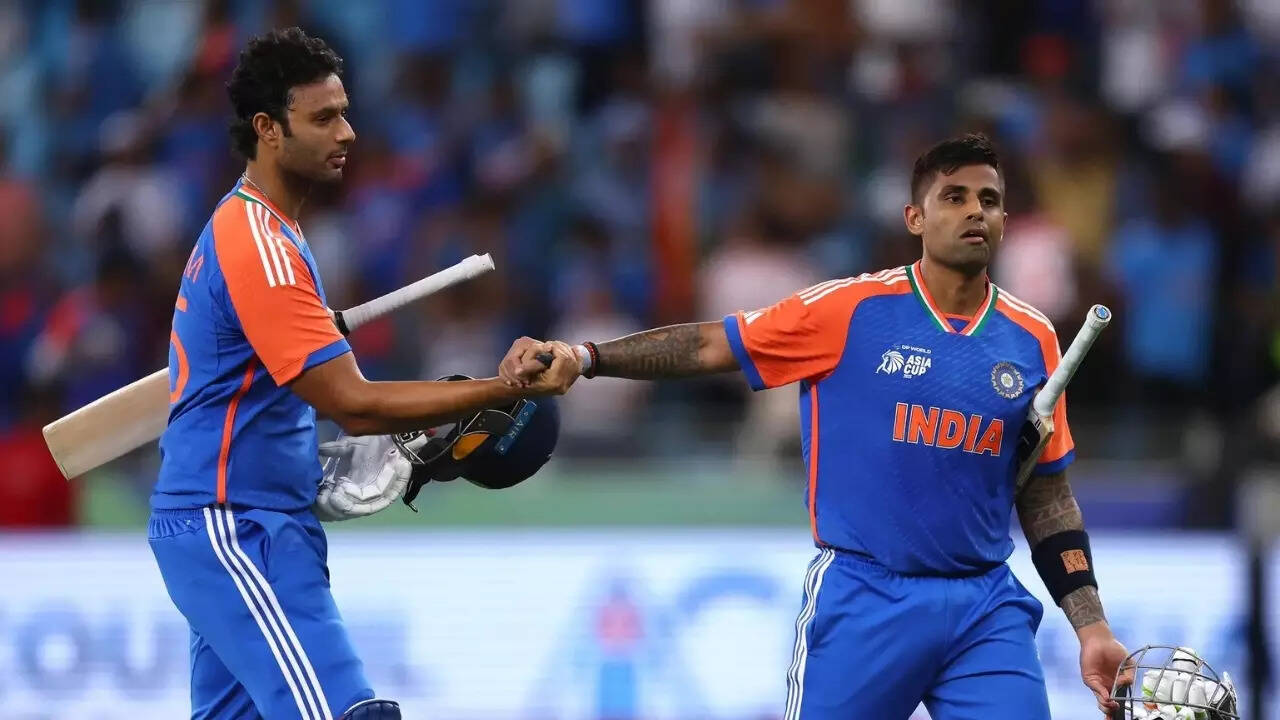NEW DELHI: Delhi police on Thursday told the Supreme Court that when intellectuals become terrorists, they become “more dangerous” than those working on the ground. The police made these statements as it strongly opposed the bail pleas of activists Umar Khalid, Sharjeel Imam and others in connection with the February 2020 Delhi riots.Appearing for Delhi Police, Additional Solicitor General S V Raju argued before a bench of Justices Aravind Kumar and N V Anjaria that the delay in trial was caused by the accused themselves and “they cannot take advantage of it.”Raju played videos in the Supreme Court showing Sharjeel Imam delivering what he called “inflammatory speeches” against the CAA at Chakhand, Jamia, Aligarh and Asansol in 2019–20, ahead of the February 2020 Delhi riots.Further pointing that Imam is an engineering graduate, the advocate said, “Nowadays there is a trend that doctors, engineers are not doing their professions but engaging in anti-national activities.”“It’s not a simple protest. These are violent protests. They are talking about blockades,” the Additional Solicitor General added. When Justice Kumar asked whether these speeches formed part of the chargesheet, Raju said they did. Arguing that the protests against the Citizenship Amendment Act were part of a larger plan, he said, “The ultimate intention is regime change. CAA protests were a red-herring, the real purpose was regime change, economic deprivation and chaos across the country. The riots were deliberately made to coincide with the visit of US President Donald Trump. These so-called intellectuals are more dangerous than the ground-level terrorists.”
What is the case?
Khalid, Imam, Gulfisha Fatima, Meeran Haider and Rehman have been charged under the UAPA and provisions of the erstwhile IPC for allegedly being the “masterminds” of the 2020 riots, which left 53 people dead and over 700 injured.The violence broke out amid nationwide protests against the CAA and the proposed National Register of Citizens.Earlier, strongly opposing the bail pleas, Solicitor General Tushar Mehta had submitted that the riots were “not something spontaneous but an orchestrated, pre-planned, and well-designed attack on the sovereignty of the nation.”He argued that the attempt was to “divide society on communal lines” and that it was “not merely an agitation against the Citizenship (Amendment) Act.”













